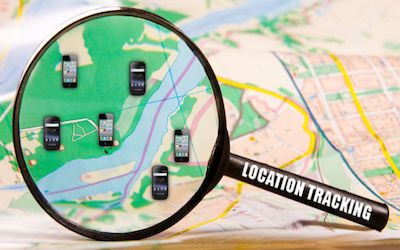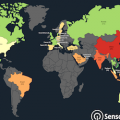PTE考生目前最大的问题之一就是练习题缺乏。除了有限的基本官方书(PLUS,Testbuilder, OG)之外,就没有题了。很多英语基础不是很扎实的同学很难找到练习材料。墨尔本文波雅思PTE培训学校专门为墨尔本,悉尼PTE考生准备了适合PTE听力阅读练习的科学60秒。各位PTE同学可以练习PTE听力中的summarise spoken text和PTE口语中的retell lecture,PTE听力口语-科学60秒-Frosty Moss练习记笔记技巧和复述。废话少说,下面开始:
In Emergency, Smartphone Might Not Know Your Location
听力内容:
60秒科学节目(SSS)是科学美国人网站的一套广播栏目,英文名称:Scientific American – 60 Second Science,节目内容以科学报道为主,节目仅一分钟的时间,主要对当今的科学技术新发展作以简明、通俗的介绍,对于科学的发展如何影响人们的生活环境、健康状况及科学技术,提供了大量简明易懂的阐释。
Touch your smartphone screen and you get local weather or a street map. So you might assume that mobile phones know exactly where you are. But get into trouble and you might find your phone isn’t watching you as closely as you thought.
Emergency responders recently told The Wall Street Journal that their 911 dispatchers have trouble getting help to the location of cell phone callers. And a report this summer showed more than half of all California wireless 911 calls in certain areas didn’t have location information.
One way to locate a cell phone is through GPS, assuming the phone has one and it’s outdoors. Another is through location-based services. These follow the signals sent between your phone and your wireless network’s radio towers. But towers can be miles apart, making it hard to pinpoint locations and adding minutes to response times.
Responders want wireless companies to include location data with each call, something privacy advocates oppose. It’s a matter of perspective. Sometimes you want to be off the grid. But in a crisis, the grid could be your best friend.
–Larry Greenemeier





